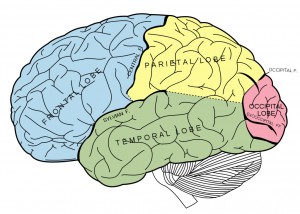 Queensland researchers investigate carer role when a family member is unable to drive after a brain injury. The world-first study is expected to direct future rehabilitation strategies and processes.
Queensland researchers investigate carer role when a family member is unable to drive after a brain injury. The world-first study is expected to direct future rehabilitation strategies and processes.
Lead researcher, Phyllis Liang from the University of Queensland School of Health & Rehabilitation Sciences, said the aim of the project was to identify the effects a brain injury can have on a family to enable clinicians to take a family-centred approach in the rehabilitation process. “We often think about the impact incurred by the injured person, but pay less attention to carers, who are often close family members with responsibility for taking care of them,” Liang said.
She believed it was important that the project take a broad approach to assist researchers in providing clinical guidelines catering to a wide variety of circumstances. “The guidelines could be tailored to individual needs and include counselling, driving rosters, alternative transport options and a checklist for helping the person with the brain injury and the family through the process of returning to driving.”
As part of the study, the research team are seeking family members of those with traumatic brain injury who are currently not driving to participate in the project. The team has already recruited patients in hospitals and those in post recovery. The recruitment program is ongoing and will continue throughout 2015.
In Queensland an estimated 11,000 people a year sustain an acquired brain injury and about 4000 are likely to develop a serious disability.
For more information contact: Phyllis.liang@uqconnect.edu.au
